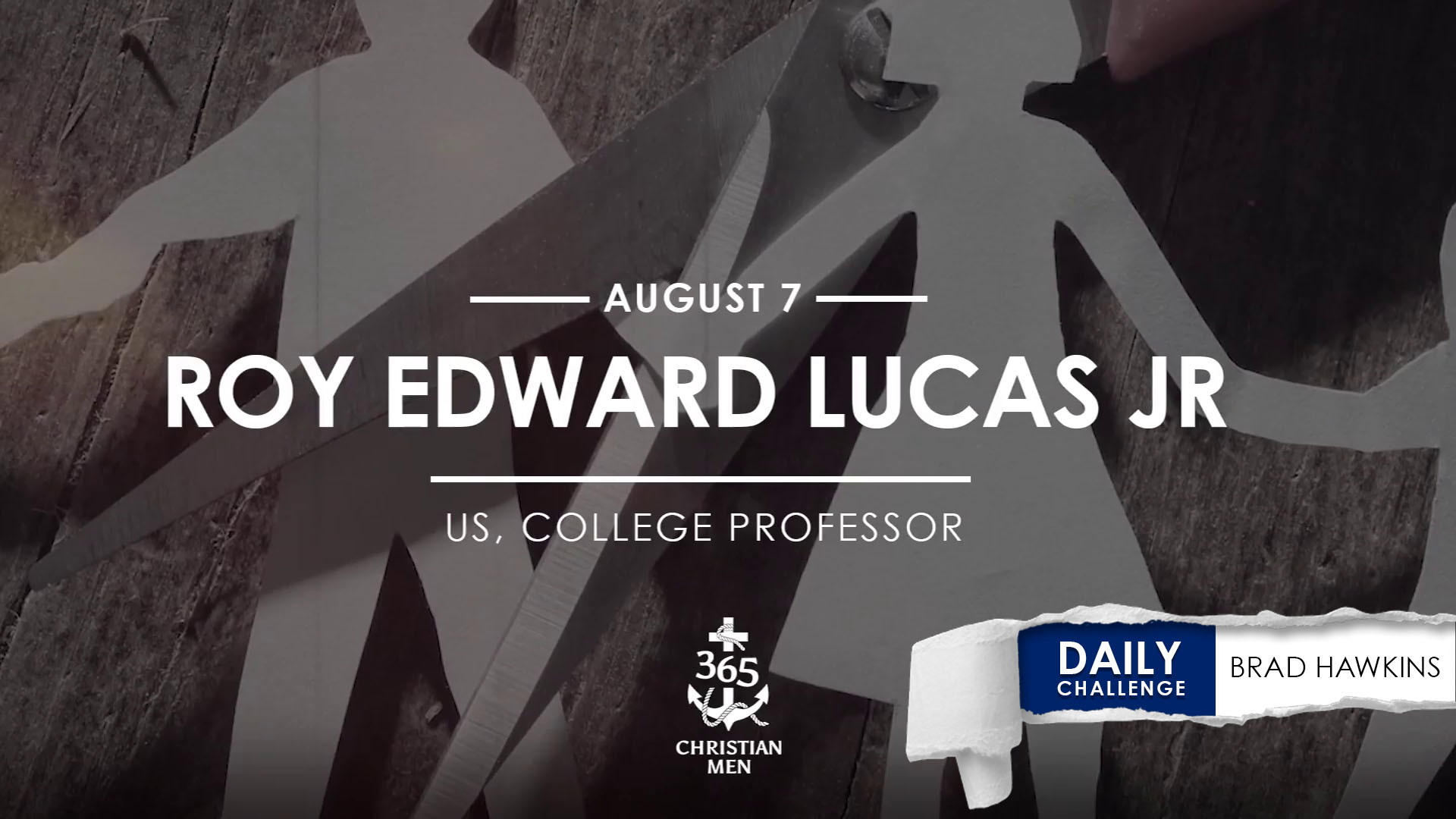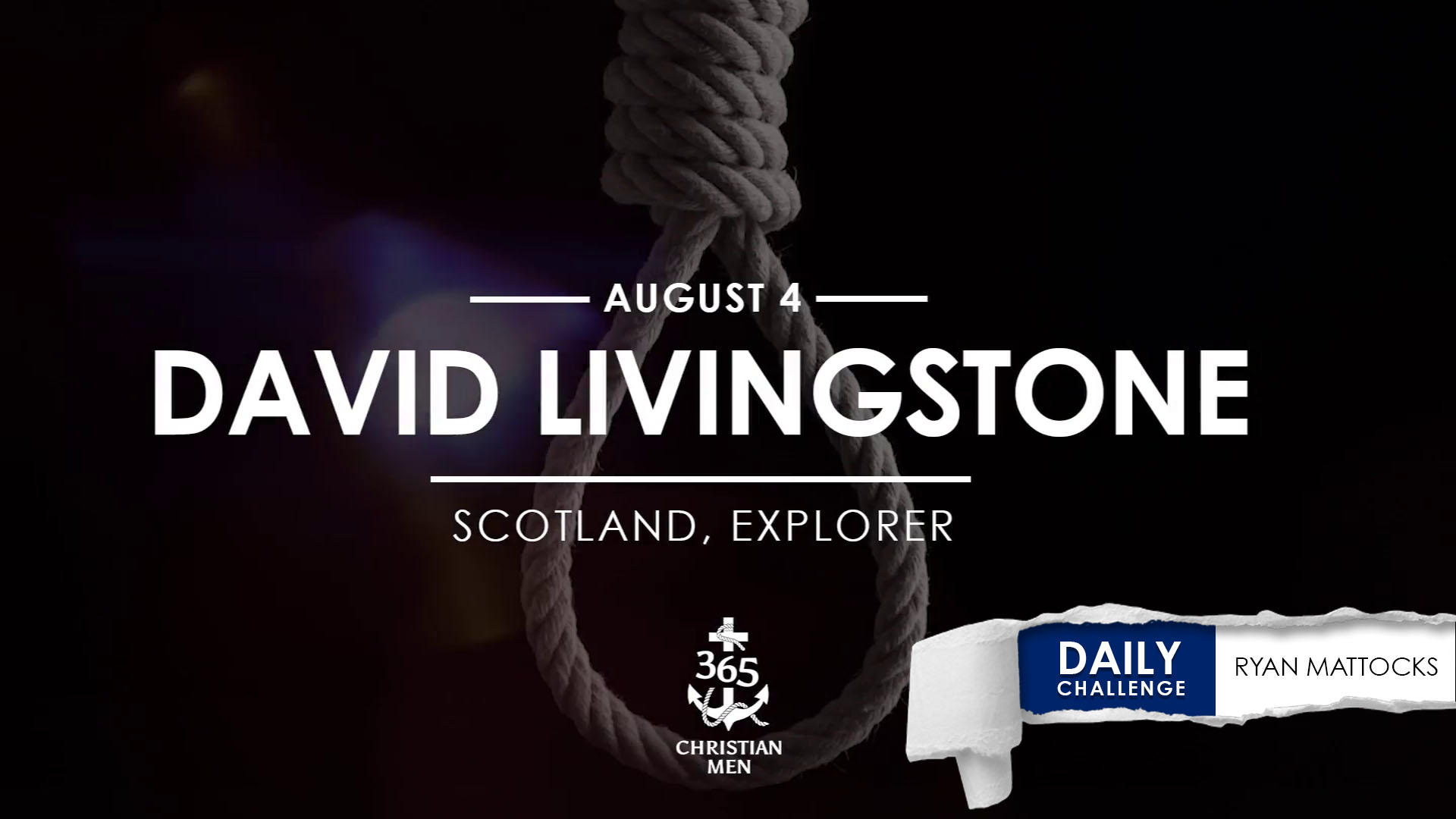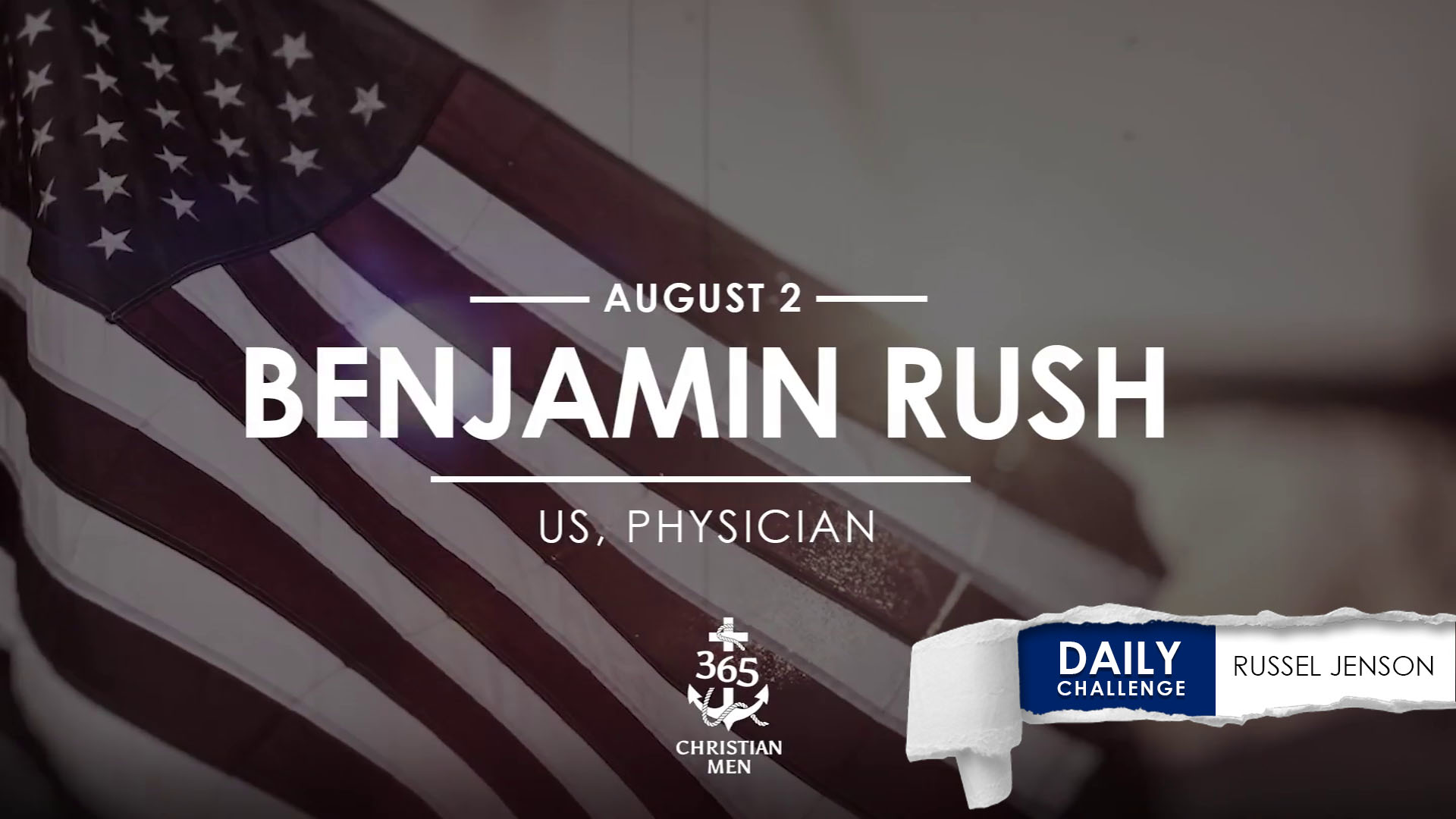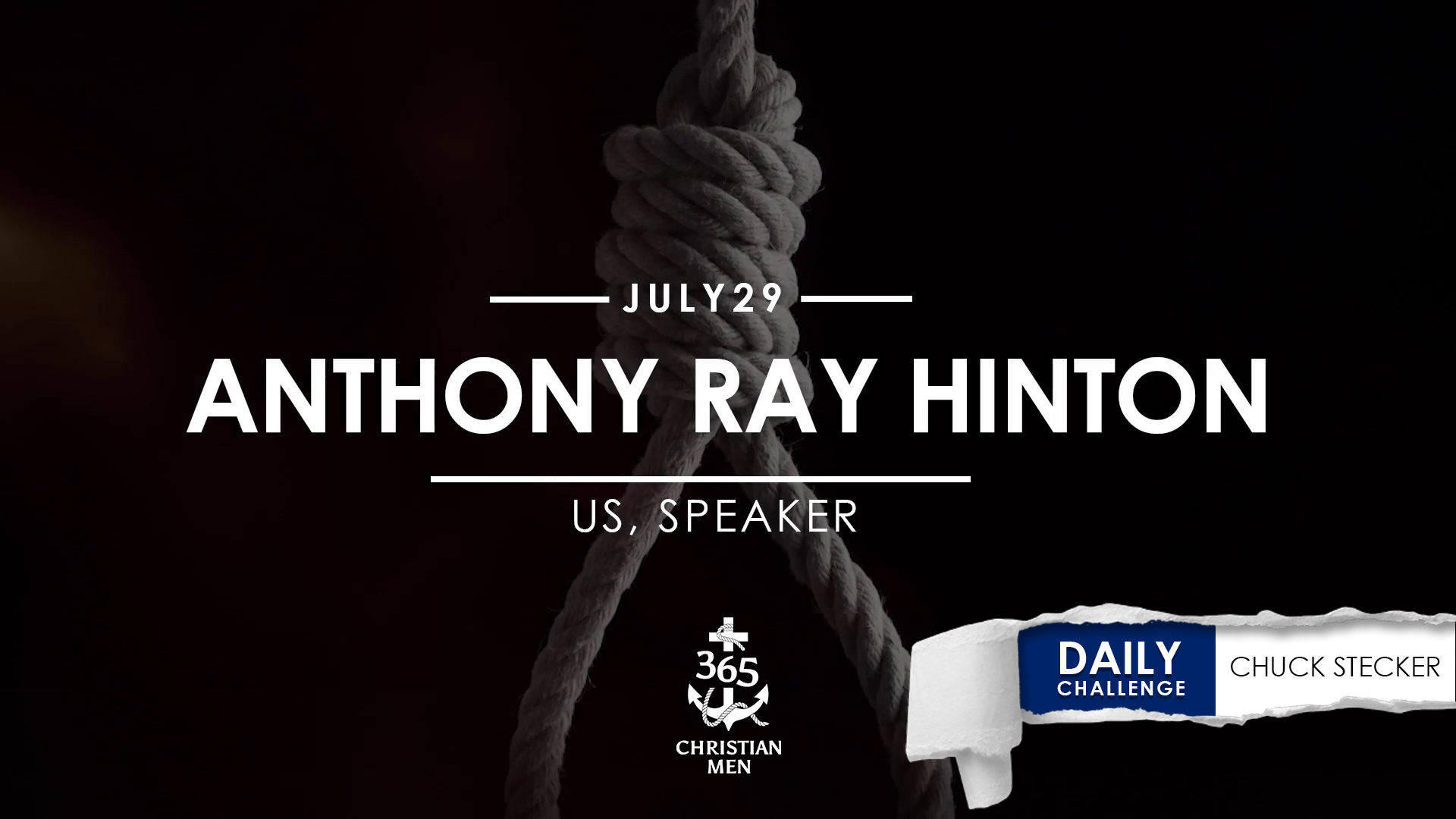August 7. Roy Edward Lucas, Jr. Roy was a man who loved God and wanted to be useful. He made himself available to help wherever God put him. On this date in 2011, he had a breakthrough with a young man—their first Icee together.
The secret code is: Be a friend to make a friend.
Before the Sunday morning service, Tyler’s mom approached Roy, a longtime friend of the family. Tyler’s mom asked if Roy would consider counseling twelve-year-old Tyler.
Divorce had rocked their home, and Tyler’s dad had dropped off the scene. Tyler felt rejected and abandoned. Though he had been outgoing, now he spent most of his time in his room.
Roy had mentored many young men, but he had never counseled a pre-teen. He felt way out of his comfort zone, but Proverbs 17:17 encouraged him: “A friend loves at all times, and a brother is born for a time of adversity” (NIV).
So Roy agreed to reach out to Tyler.
Roy didn’t want it to appear obvious about his intentions. The last thing Tyler needed was to think his mother or Roy thought he needed a professional counselor. Tyler needed a friend he could talk to. But Roy struggled to think of a common interest Tyler and he could share. Then it hit him. Tyler loved Icees—fluffy, flavored, frozen carbonated drinks.
After Sunday services, Roy waited for Tyler and his mom in the church’s parking lot. “Sure hot out here today,” Roy said.
“It sure is,” Tyler’s mom responded.
“Tyler, you know what today would be a good day for?”
He looked up at Roy and shook his head without saying a word.
“An ice-cold Icee. How would you like to join me for one?”
An old familiar grin spread across Tyler’s face. “Can I, Mom?” It was the first glimmer of interest Tyler had displayed in anything for weeks.
“Of course you can. But don’t you two go getting into any trouble.” She chuckled.
They chatted as they drove to the local commissary, and Roy asked Tyler what he had learned from the Sunday-school lesson.
Tyler shrugged and gazed out the window. Then Roy teased Tyler about whether or not he had a girlfriend. He giggled and shook his head.
Roy was beginning to think there was no way he was going to get Tyler to relax and open up. But then Roy began a debate over the best flavor of Icee. Roy insisted it was cherry cola. Tyler favored wild berry and argued Roy needed to try it once and he would agree. By the time they bought their Icees and found a seat, Tyler seemed at ease.
Before long he shared how hard it had been since his dad left. To Tyler, it was as if his dad had thrown him away like an old cardboard box that nobody wanted. And Tyler believed he had to protect his mother. That it was his responsibility.
Night after night in her bedroom, for days after his father had left, Tyler had heard her cry. He didn’t want to cause her pain too, so he kept his hurt bottled up inside.
Roy told him he understood and promised to keep their conversations confidential. This gave Tyler the freedom to share all the hurt he had held onto.
On the ride to Tyler’s house, they came up with an agreement, a secret code of sorts. Whenever Tyler was struggling and needed someone to talk to, he would ask Roy if he would like to go get an Icee. That would be Roy’s signal.
As Tyler got out of the car, his eyes glistened with hope, and that old familiar smile spread across his face once again. Roy thought, sometimes the most seemingly insignificant things can have the greatest significance. Tyler ran up to the porch, where his mom was waiting for him. Then turning toward the car, he shouted, “Don’t forget!”
Roy winked and gave him a thumbs up as he drove away.
Do you know someone you can encourage today? The secret code is: Be a friend to make a friend.
Based on an interview with Roy Lucas, 2019.
Story read by: Daniel Carpenter
Introduction read by: Daniel Carpenter
Audio production: Joel Carpenter
Editor: Teresa Crumpton, https://authorspark.org/
Project Manager: Blake Mattocks
Copyright © 2020, 365 Christian Men, LLC. All rights reserved.















